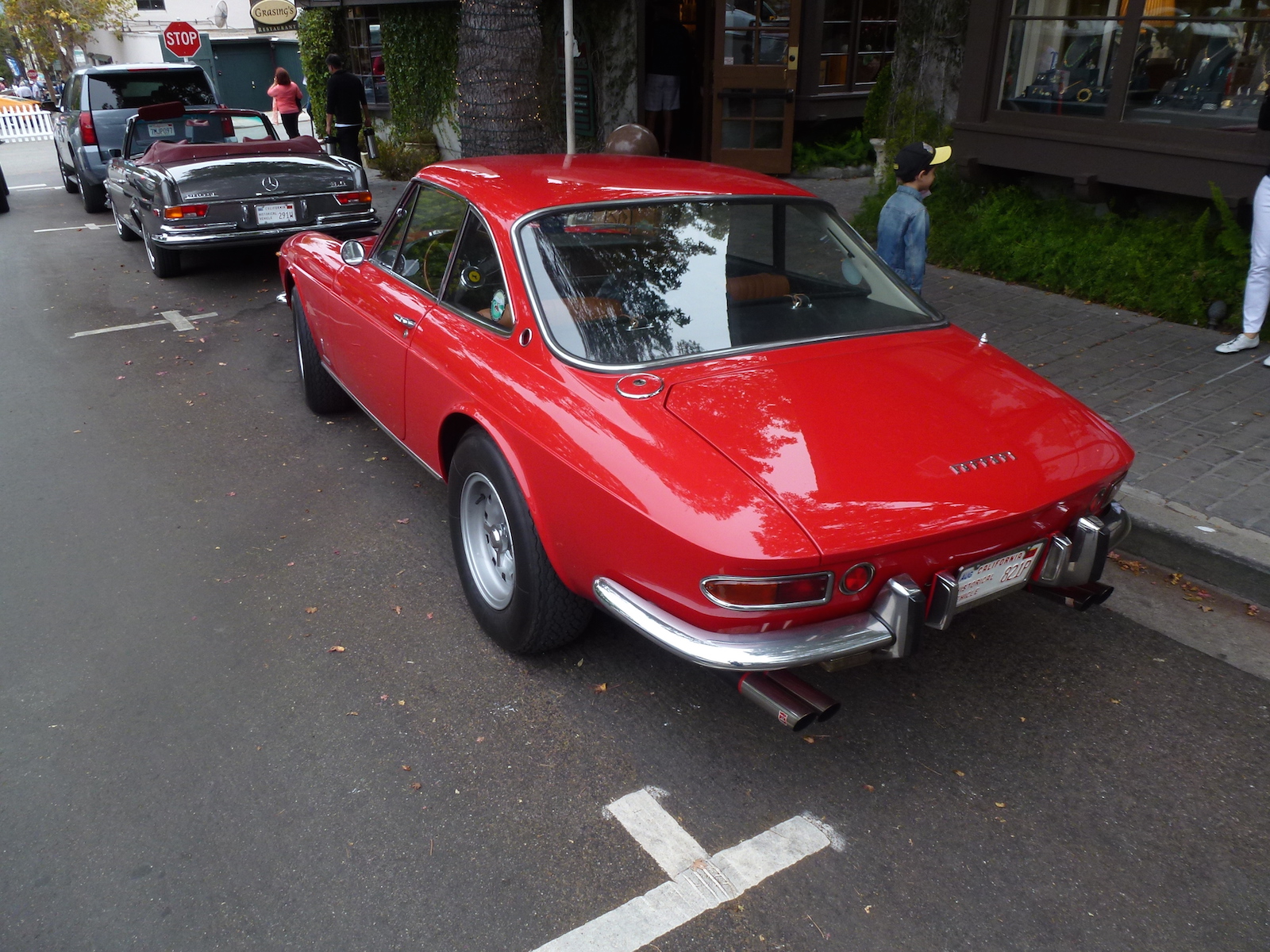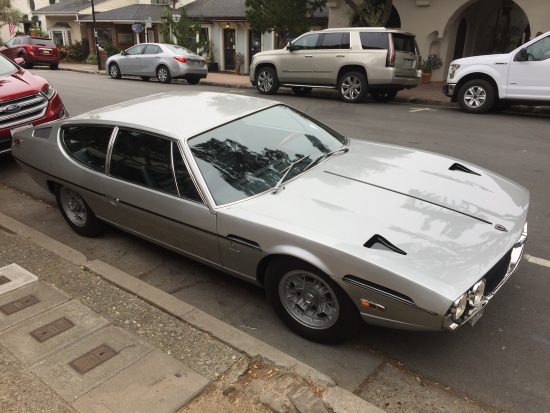When it comes to automobiles, there are many different ways to classify them. They can be classified by function, by feature, by body style or by manufacturer. But even with all these categories, certain cars are in a league of their own.
These cars tend to offer more than just the ability to transport people from one place to another. These automobiles are the ones that can be described as works of art, as technological marvels, or as markers of wealth and luxury. These cars are classic cars.
Classic cars (sometimes referred to as collectible or antique cars) are no ordinary cars. And because they aren’t your run of the mill vehicles, they need special protection in case they get damaged.
So while insurance is definitely needed for classic cars, regular insurance just won’t cut it. You’ll need to get special insurance for your classic car.
Why do I need to get a special kind of insurance for my classic car?
Conventional car insurance insures your car for its actual cash value, but this value often depreciates over time. In contrast, classic cars have a value that can increase over time, maybe even going beyond the price you paid. The concept of agreed value is important because it allows the owner and insurance company to agree on the value in the case of a total loss.
Given the appreciation of the value of classic cars, it’s important to protect them with a specialized insurance that will meet the needs for you and your classic car. It’s important to shop around and look for the right type of protection for your classic vehicle. Getting Allstate car insurance quotes for example, may help you figure out what you need for your classic vehicle.
How do I know if my classic car is eligible for special insurance?
There’s no uniform description of what counts as a classic car, but there are certain elements that need to be met. A 1964 Cobra Daytona Coupe for example, may be eligible for special car insurance as it is more than 30 years old.
Other vehicles that may qualify for special car insurance may be hotrods, modified vehicles, muscle cars, and classic trucks.
What is classic car insurance?
A lot of the terms and conditions of these special types of insurance are standard clauses and can be quite similar to conventional car insurance, however there are some options that are exclusive to these classic vehicles such as the agreed value. You need to make sure these options are included in your policy.
Classic car insurance can also provide specialized roadside assistance for your vehicle. Classic cars like the 1971 Lamborghini Espada may require specialized towing services to prevent damage during transport.
Special insurance should also include coverage for the extra cost of repairs and spare parts on a classic vehicle. Classic cars can incur higher repair and maintenance costs due to the need for specialization and rarity of available spare parts. It’s more difficult to source spare parts to repair or maintain a 1966 Ferrari 330 GTC, so getting special insurance would be a win on your part.
Automobile enthusiasts know how valuable classic cars can be. Getting special car insurance is one way to ensure that your classic car is protected from collision, accidents, or theft.
Let us know what you think in the Comments.




Over the past 10 years I’ve been using Grundy Ins. I’ve been replacing cars with even more expensive cars, usually having 2 at any one time, and with each addition the insurance values have increased. About 5 years ago I inquired with Hagerty and they quoted to me a premium that was about twice what Grundy was charging me. I again inquired with Hagerty about a year later when i purchased another car and they were still quite a bit more for the same type of policy limits.
Has anyone else found such discrepancies between companies?
Philip,
I think shopping around is a good idea.